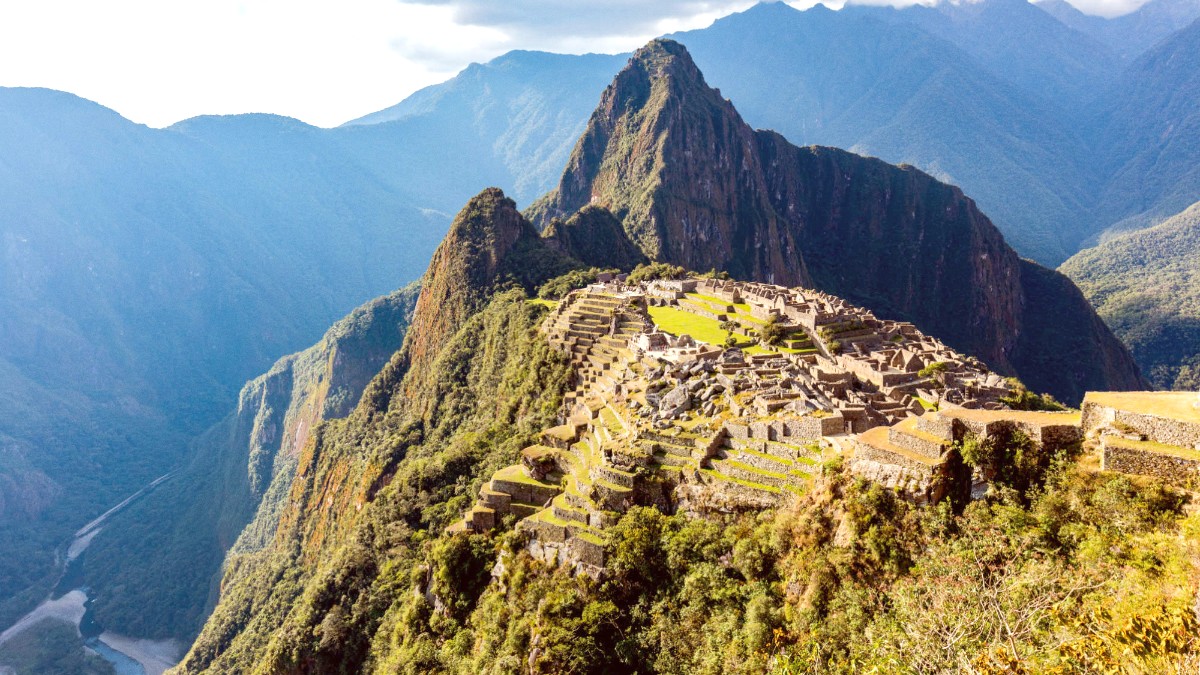
Cuzco And The Sacred Valley, Peru
The Sacred Valley features protected zones around archaeological sites. Stay on marked paths to preserve these areas.
Waste management infrastructure is basic outside major cities. Reduce your waste, use reusable items like Package Free Shop products, and dispose of trash properly. Shop for Reusable shopping bags on Amazon.
Water is precious in the Andes. Minimize your water usage. Support accommodations with water conservation. Consider Ecobnb for eco-friendly stays.
Your travel decisions contribute to environmental well-being.
Consider purchasing carbon offsets for your flights. Many airlines present this option during booking. This reduces travel's environmental impact.
Seek out hotels and tour operators that promote sustainable practices, like El Albergue Ollantaytambo with its organic farm.
Engage with local culture respectfully and thoughtfully.
Always ask permission before taking photos of people. Do not offer money for photos; it can foster begging. Be mindful of privacy in homes or ceremonies.
While tour operators run on schedule, local concept of time ("hora peruana") can be flexible. Be patient.
Always greet people (e.g., "Hola," "Buenos días") when entering a shop or starting a conversation.
Your choices support the Sacred Valley's ecological health.
Your spending choices contribute to the local economy.
Support local communities directly by engaging with community-based tourism projects like homestays in the Patacancha Valley.
Purchase souvenirs from local artisans or certified fair-trade shops. This ensures producers receive fair compensation for their work.
Dine at local restaurants and cafes. Stay in local guesthouses or hotels. Hire local guides for tours of the archaeological site or surrounding areas. This keeps money within the community.
Be aware of tour operators that exploit porters (underpaying, overloading, inadequate gear). Choose reputable, licensed operators known for ethical labor practices. Research companies.
If you wish to donate, do so through established local NGOs, charities, or community projects rather than direct handouts. This ensures your contribution is a lasting, positive impact and supports sustainable development in the community.
Donate through established local NGOs.
Contributions sustain community development. Visit The Rainforest Site.
Investigate organizations before donating.
Your economic choices contribute to the well-being of local communities.